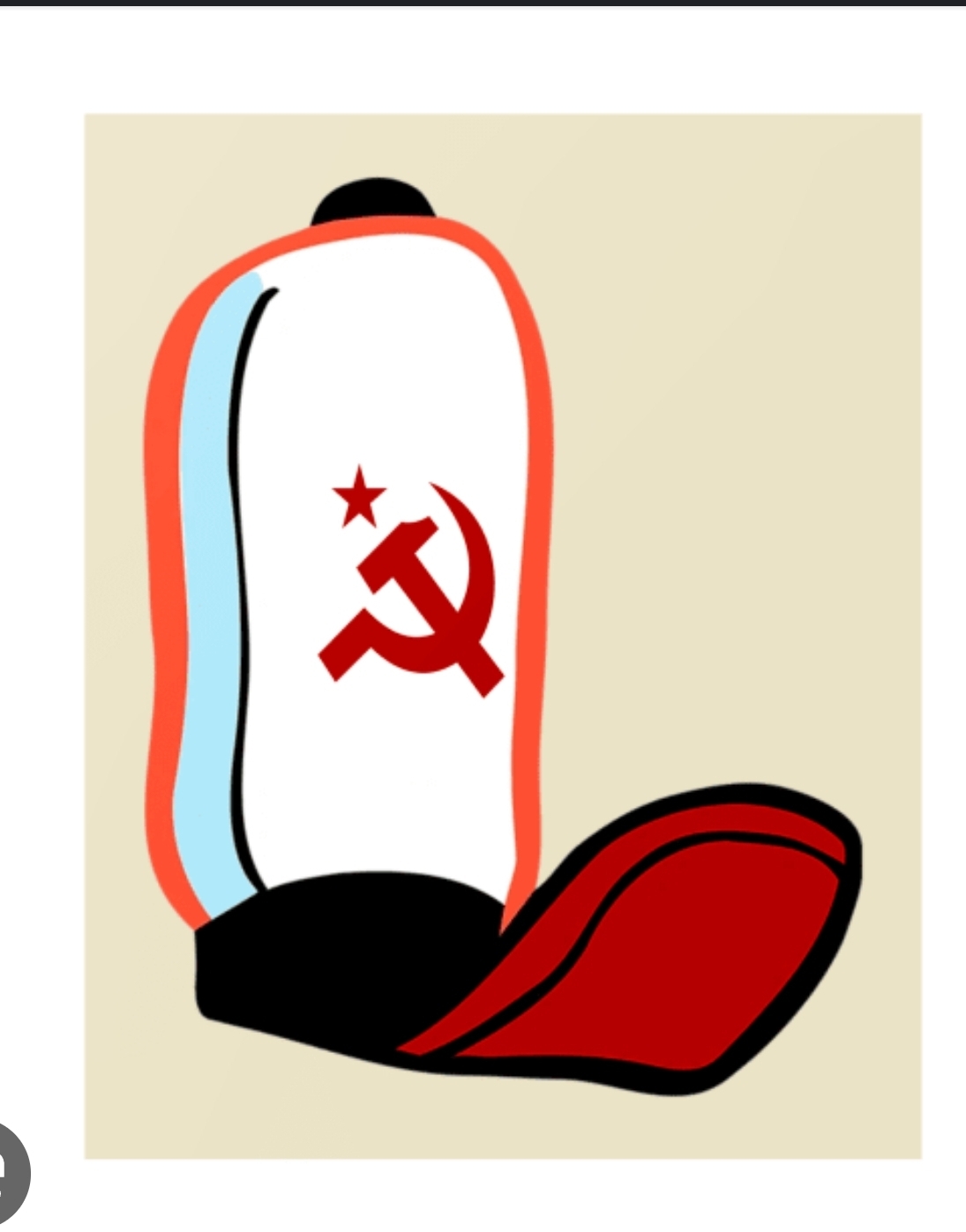So far, I’ve only heard of nation-states committing atrocities whose gov’t officials end up in the Hague…
How about companies, whose CEOs and stockholders have a role in committing such large scale crimes who deserve the wall?
Edit: Bonus points if you include a death toll…
From what I’ve read on wikipedia’s Nestle
In a 2018 study, the National Bureau of Economic Research (NBER) estimated that 10,870,000 infants had died between 1960 and 2015 as a result of Nestlé baby formula used by “mothers in [low and middle-income countries] without clean water sources”, with deaths peaking at 212,000 in 1981.[47]
Bayer knowingly gave transfusion recipients HIV infected blood. Coca Cola was complicit in having striker union members killed, as was Royal Dutch Shell. Union Carbide was responsible for thousands of deaths in Bhopal India, now they’re owned by Everready, the battery company. The guy who owns ULINE is a huge donor to Trump and gang.
Coca Cola was accused of financing assassins to off union leaders.
Glencore, nestle, bp of the top of my head
Microsoft, Amazon, Tesla, Facebook.
Facebook literally facilitated a genocide in southeast asia.
Mark Zuckerberg should be tried at the Hague.
Plus all the trouble in Xinjiang.
So what have they done? All I know from there is Nestle must’ve done something to do with the baby formula crisis thing in Pakistan…
Nestle knowingly lied to women about formula being better than breast milk when they did not have access to adequate amounts of clean water in part because NESTLE OWNED ALL THE WATER.
Nestle also uses child slave labor in their chocolate supply chains and uses paramilitary death squads to suppress workers attempts to organize (as does coca cola and many other corporations that operate extractive industries in the global south).
Glencore is in particular cobalt miner in congo https://www.swissinfo.ch/eng/glencore-congo-cobalt-mining-lawsuit/45446800 (the lawsuit was dismissed in usa). Aside from child labor, they are likely involved in some deathsquads. And they are not only mining cobalt
BP countless oilspills, all shady dealings they are involved somewhere (probably including in palestine offshore drilling rn)
Nestle, again outside from the obvious water depletion inside usa, sources its cacao from child labor and lawsuit was again dismissed (defended by obama legal guy)
Bayer knowingly sold hiv-tainted medicine in secondary markets in the 80s.
All usa drug-companies participate in orphan drugs shenanigans.
Chiquita was involved in child labor https://www.hrw.org/news/2002/04/24/ecuador-widespread-labor-abuse-banana-plantations and here i suspect some bs about using lots of layers of separations allows them to continue.
Monsanto routinely fucks farmers in africa
Unilever was given land in Africa by the French king to make some product.
I think back then it was just “lever” they merged with some Dutch company and took the name unilever.
I forgot all the details, but this totally answers your question about a modern company that had a messed up start.
chiquita brand in many places of latam, like “masacre de las bananeras”
monsanto with their GMO seeds and glyphosate
coca cola…nuff said
many famous big enterprises in latam have made a lot of crimes: financing hitmen and death squads to kill syndicalists, leftist politicians and environmentalists accusing them of being “guerrillas” or “terrorists”
deleted by creator
I mean, it’s a bit dubious here, since around 49.1% of the stake in Union Carbide was state-owned… could you explain that?
(I had the lovely experience of meeting a chud arguing that it was a socialist failure, not a corporate one (Self-note: if it was, why wasn’t the gov’t blamed much for it but rather the company…)
It’s a weak answer but it depends on who owns the 50.9% and it depends what kinds of shares are held by whom. If one other person owns the controling majority, the government is just a nominal owner taking dividends.
Alternatively, a private owner could control such a company with just 1% ownership if they control the government in some way. Because all they have to do is get the government to vote with them and they have a majority. E.g. they might have the power to tell the government who to appoint to exercise any power that comes with the 49.1% interest. Or they might tell the government, vote with me and I’ll conduct XYZ infrastructure projects or support your election campaign. Or they might offer the person who does the appointing a seat on the board and consultancy fees. Or they might know that the person on the board is an ex-employee—who better to represent the government than someone who knows the company. Corrupt capitalists have a variety of methods!
States have other powers to intervene but doing so in 1984 would be a strange move, globally speaking; the anti-regulation fever had already started to kick in (I’m unsure whether India was neolib at the time but that doesn’t change things too much). It wouldn’t have to own a stake to exercise that power.
If a state can control companies without owning them, it means that state ownership is not the only way for states to control companies. Which means that state ownership does not explain anything in and of itself. I.e. state ownership doesn’t tell you that there’s socialism. It only tells you that there’s state ownership. Otherwise the mere existence of states means there’s socialism (assuming that state ownership = socialism because ownership = control). Maybe there are people who believe that but I’m unsure how seriously they should be taken because it’s an asinine view.
I suppose the person you’re arguing with is a western reactionary? States owning stock is not socialism. Just look at the aftermath of the 2007–9 housing crisis: capitalist states were buying up banks to keep capitalism running. The mere fact of state ownership does not imply socialism. The major factor is who controls the state: the bourgeois or the workers? And if the workers control the state, it’s socialism even without state ownership. State ownership is simply one tool that either a bourgeois or workers’ state can use to exercise power.
To get a full answer about Bhopal, you’d also have to look at the relationship between legislators, state officials, and the other company shareholders. To suggest that state ownership automatically equals socialism indicates a flawed model of state relations. It entirely ignores the fact that corruption exists. Then again, liberals think corruption is something that only happens elsewhere until it happens at home and then it’s an aberration notwithstanding that it’s constant.
Shell and murdering protesters through a proxy
https://www.amnesty.org/en/latest/news/2017/11/was-shell-complicit-in-murder/
https://www.theguardian.com/world/2011/oct/03/shell-accused-of-fuelling-nigeria-conflict
It is really, um, interesting, to see how corporate malfeasance goes all but unpunished in the capitalist world. Not that elected or career government officials are held to much of a standard either, but employees and especially owners of companies can do pretty much whatever they want.
In fact there used to be a corporate death penalty in the US until the 1920s. IIRC it was a certain Rockefeller and Standard Oil / Chase Bank which pushed to make it go away. Before then, companies found guilty of severe crimes could be forcibly dissolved and their assets distributed to victims and/or state assets.
One example that comes to mind immediately is Securitas, because they’re present in some way in a lot of people’s lives as a private security contractor you see in public places. Securitas can be traced back to the Pinkterton company of the 1800s. These people, contracted by the robber baron type capitalists of the time, started what were essentially wars to get striking workers back in the mines to make profit for their masters. They were probably heavily involved in turning the Haymarket strike into the Haymarket massacre, among other deadly events.
Even today Pinkterton is involved in breaking the back of organized labour, infiltrating for example Amazon at the request of Bezos to keep an eye on fledgling unions.
Even today Pinkterton is involved in breaking the back of organized labour, infiltrating for example Amazon at the request of Bezos to keep an eye on fledgling unions.
Still? They haven’t changed their names…?
Still! Pinkerton hasn’t gone away, neither as a company nor the name, for over 170 years by now.
Depends what you mean by historical, but Nevsun settled out of court to avoid going to the Canadian Supreme Court for alleged human rights abuses (slavery and torture) in Eritrea: https://www.cbc.ca/news/canada/british-columbia/settlement-amnesty-scc-africa-mine-nevsun-1.5774910
Modern, in this context, refers to how companies still exist under the banner they have today like the past
(eg. little changes while merging, no dissolution of the company, and them currently existing, unlike the British East India Company)…
The reason I bring up the British East India Company is though it had a hand later on with regular famines in India, it’s surprising that it was nationalized and then dissolved, so I can only wonder which British companies had a hand in overexploiting and causing famines in India from 1880s-1920s, to cause over 100 million deaths…
Many companies that produced weapons and machinery for the Axis powers stayed around after the war ended. Rheinmetall produced weapons for fascists back then and they are doing it again today.








